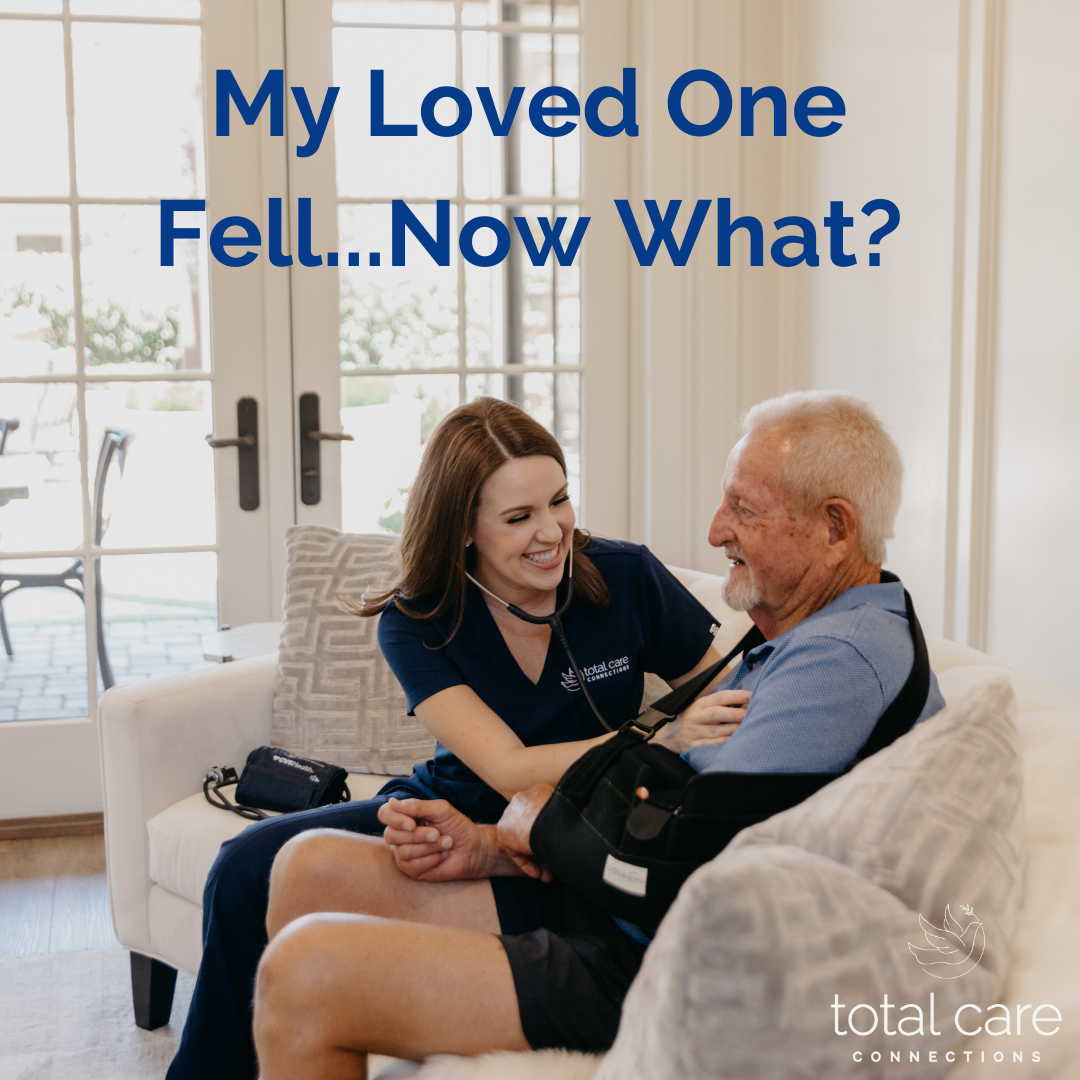You received the call from your loved one that you have been dreading: they have fallen at home. Fortunately, they weren’t hurt badly and didn’t need to go to the hospital. But, you know that you have both sidestepped a serious problem. You might have noticed that your loved one was shuffling when they walked more than usual lately, or you might have not noticed any change in their stride at all. In any case, you are likely wondering what you can do next to help them stay safe and on their feet for the next time.
We’ve pulled together a few of the recommendations we give to families when their loved one has a history of falling at home.
Understand the Prevalence of Senior Falls
If your loved one fell, they are unfortunately not alone. The Centers for Disease Control reports that at least 1 in 4 seniors over the age of 65 falls each year. That is about 29 million falls annually, and while that number is shocking, most physicians and senior health professionals estimate that the number is actually quite higher due to seniors not reporting every fall.
Falling in the senior population is considered a public health concern. If you are taking your loved one’s fall seriously and looking to prevent it from happening again in the future, you are on the right track.

Make a Physician Appointment
If your loved one has had a fall, even if it did not cause injury, it is still a sign to schedule a follow-up physician appointment. Falls can happen for a variety of reasons ranging from medication side effects to TIAs, or small stroke events, chronic pain, or other conditions. A fall is a new symptom that a physician wants to know about.
While you are at the appointment, ask for a referral to physical therapy services. A physical therapist can perform a comprehensive gait assessment and provide follow-up support as your loved one gains new strength, flexibility and endurance to decrease the risk of future falls.
Get Emergency Plans in Place
If your loved one fell and was able to get up on their own or to call you for assistance, you are lucky. Many times, older adults are unable to call for help and can end up injured or on the floor until someone finally comes to their home to check on them.
Now is the time to explore getting your loved one a smartphone they can keep on them at all times or a medical alert device such as an emergency pendant button they can push if they need assistance.
Review Danger Spots in the Home
While falls can happen anywhere in your loved one’s home, there are some more dangerous spots you can make safety adjustments to. Start in the bathroom, the most dangerous room in the home thanks to slick surfaces. Add sturdy grab bars near the toilet, a shower seat in the shower, and secure all rugs to the floor. Add slip-resistant material to the tub as well.
Next, ensure there are nightlights that illuminate common pathways through the home, like from the bedroom to the bathroom. While you are looking at pathways, double-check that rugs are secured and that there aren’t large pieces of furniture or piles of clutter that could make walking more difficult.
Get Additional Support
Finally, a fall can indicate that your loved one is struggling to thrive while living at home alone. This could be an excellent time to begin researching home care agencies near your loved one who can provide services to assist with personal care tasks, household chores, and monitoring a prescribed exercise program. Discover more about differences in home care agencies, as well as questions to ask in order to choose by downloading our free eBook, Your Comprehensive Guide to Choosing a Home Care Agency.
